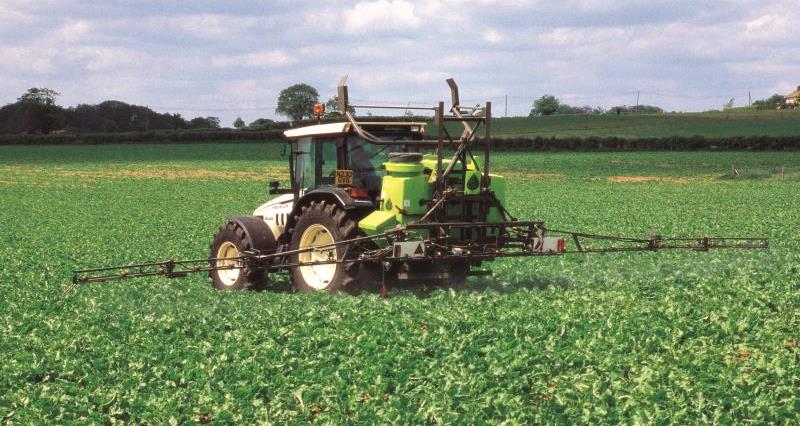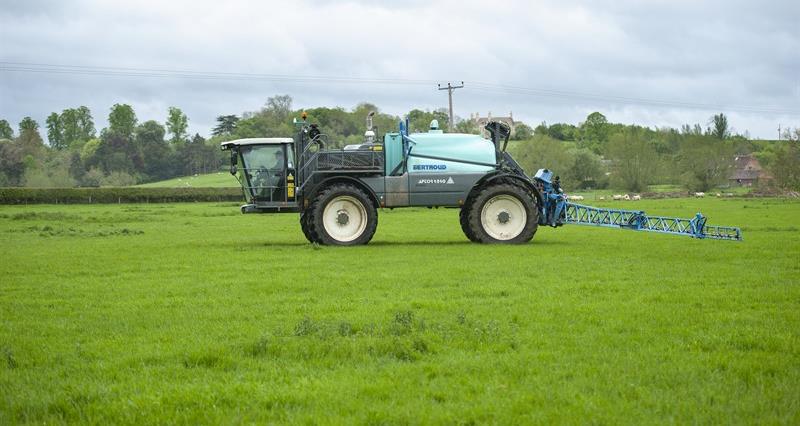What’s the issue with seed treatments?
Currently seeds treated with PPPs (Plant Protection Products) that are not authorised for that use in Great Britain, but are authorised in an EU member state are permitted to be imported, marketed and used in Great Britain, under Article 49(1) of Regulation (EC)1107/2009, up until 31 December 2023.
However, from 1 January 2024, only seed treated with a PPP that is authorised for that purpose in Great Britain will be permitted for use in Great Britain.
This change in regulation is causing significant concern, particularly for growers of maize and fodder beet, that rely heavily on the use of seed treated with EU approved bird repellent and fungicide.
Key dates to note:
- 30 June 2023 – sales of parallel products will end
- 30 June 2024 – final use date for parallel products
- 1 January 2024 – only seed treated with a PPP authorised in GB will be permitted for use
There are currently no seed treatments licenced for application to maize or fodder beet in the UK. This issue also affects a number of vegetable crops and a small number of cereals.
NFU action
The NFU has formed an industry working group, including the MGA (Maize Growers Association), NIAB, seed companies and the AIC to inform and support lobbying of government to address this issue urgently.
The working group launched a survey to rapidly gather information on the extent of the potential impacts of the loss of treated seeds on farm businesses. The information gathered in the survey has been used to strengthen arguments to government and a letter was sent to the Farming Minister, co-signed by partners in the working group.
The letter highlighted that:
- Maize is grown on 220,000 hectares in the UK.
- It is a vital crop both as a highly nutritious animal feed and the highest energy yield feedstock for anaerobic digestion.
- Currently, all maize seeds sown in the UK are produced in Europe, as we do not have the climatic conditions to grow the seed crops.
It also provided evidence of the impact of growing untreated seed, collected via the working group and the survey results. This included:
- A lack of suitable bird repellent can result in the total loss of the maize crop. A recent field trial by NIAB showed the potential impacts in alarming detail. Corvids were able to identify which maize plots were untreated and moved down the rows, learning the distance between seeds and taking almost all of them.
- In a variety trial in Essex, a farmer planted a strip of untreated maize. Again, corvids were able to identify the untreated seed and with impressive efficiency removed almost all the seed in that strip, leaving the treated seed alone to germinate and grow successfully.
- Nearly 60% of farmers responding to a survey carried out by NIAB to understand the risks around this issue said that they would grow less maize in the absence of seed treatments with nearly 20% potentially ceasing to grow the crop completely.
The letter laid out potential solutions to this issue and urged the Minister to look into implementing a solution to protect UK production of maize and other affected crops beyond 2024.
What are parallel trade permits?
Parallel trade permits have allowed plant protection products to be imported into the UK, sold and used, drawing on authorisation information from other EU countries.
A parallel trade permit could be obtained for a plant protection product if it was both;
- authorised in the EU country it is being sourced from, and
- determined by the UK regulator to be identical in composition to a reference product already authorised in the UK.
Placing parallel PPPs on the market, which are identical to proprietary (reference) products, helps fill supply gaps where product shortages occur. They also enable more sourcing options for farmers, agronomists and distributors; increase the range of affordable PPP options available to farmers (helping manage resistance development) and act as a pricing regulator, helping to safeguard competitiveness.
The opportunity for parallels arises when there are differences in availability and pricing between source and importing countries. The imported parallel products have been used to bridge gaps in supply when there are availability issues with proprietary products, and they help create a price floor in the marketplace.
Parallel importing of pesticides due to end
To confirm the imported product was identical to the authorised reference product, the UK regulator gathered authorisation data from the EU source country regulator, or the authorisation holder (the AgChem company). Defra viewed this exchange of data as an EU function, and as a result the parallel import process has long been set to end following Brexit.
HSE withdrew the process for new parallel permits in Great Britain and set a final date for sale of existing parallel products of 30 June 2023 and a final use date of 30 June 2024.
What does this mean for farmers?
We expect, and are beginning to see, a loss of availability and choice of PPPs on the market. There is also the risk the price of PPPs will increase.
It is estimated that parallel products account for 15% of UK PPP registrations and about 10% of UK PPP use. Their loss is causing significant concerns about the availability of affordable PPPs.
Lack of availability of key PPPs can have huge impacts on UK agriculture – we’ve seen this with the halving of our oilseed rape area since 2013 when we lost key pest controls.
NFU position
The NFU has written to the Farming Minister raising members’ concerns and asking for a parallel trade process to be retained.
The NFU plant health unit has been discussing the issues with parallel trade importers, the wider industry and Defra, and is collecting data to demonstrate the scale and increasing impacts of losing parallel trade, and investigating possible alternative ways to maintain availability, choice and competitiveness in the PPP marketplace for farmers.

